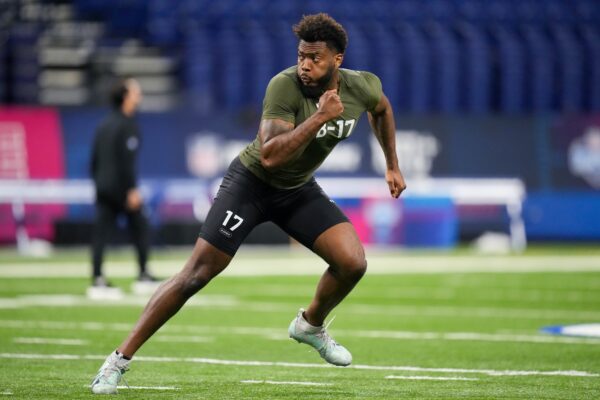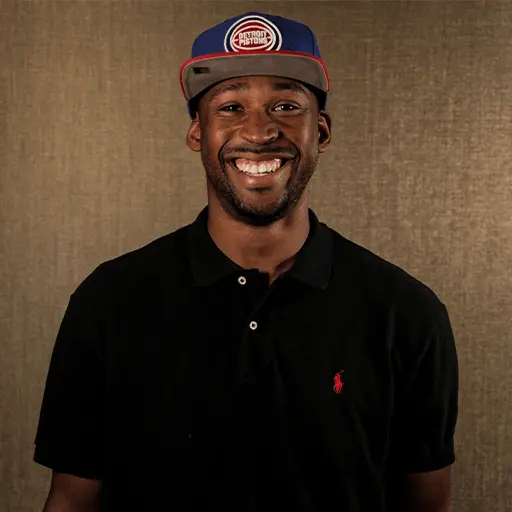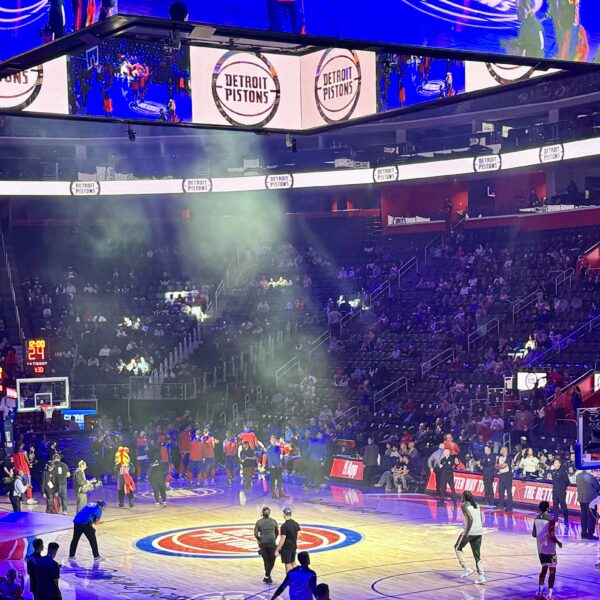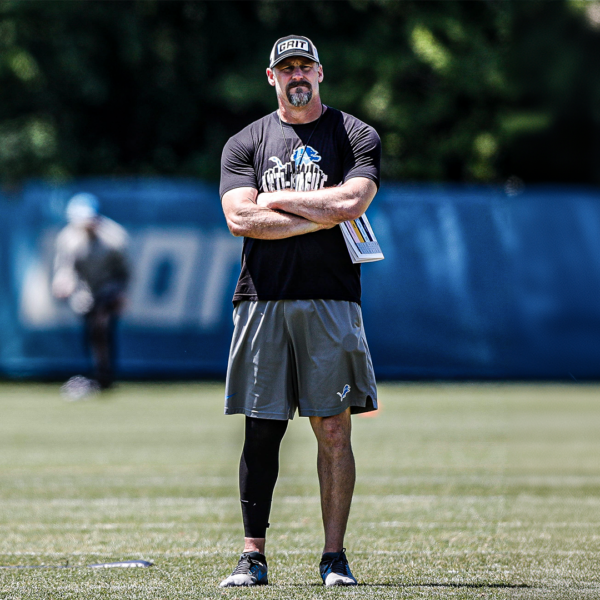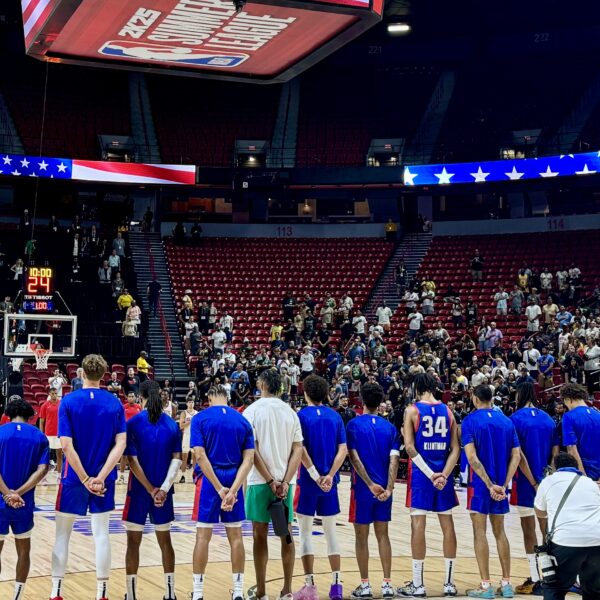INDIANAPOLIS (AP) — Linebacker Ochaun Mathis went all-in by betting an extra year of college football could help him make an NFL roster.
He knew entering the league at age 24 was a risky proposition, given most players’ careers end at about 25. He knew scouts and team decision-makers would likely knock him down a few pegs on draft boards because he was older. He also thought he needed more time to develop.
Now, with an additional year of development, the former Nebraska star has landed here, in Indianapolis at the NFL’s annual scouting combine, with an opportunity to chase his dream job.
“Yes, they want a younger guy and that has a real impact on me coming into the draft,” Mathis said before the start of Thursday’s first on-field workouts. “I didn’t want to get too old, you know, ruin the process of it. So just testing the waters, getting out there and taking that leap of faith is one of the biggest things I have to do.”
Evaluating older draft prospects adds a surprisingly new twist to a sport that usually values youth and potential over finished products. Not so long ago, many teams wouldn’t even consider selecting a 24-year-old rookie because the average career lasts fewer than four seasons.
Now, though, things appear to be changing — perhaps long term.
Thanks to the NCAA’s increasing tolerance to grant additional redshirt years for medical reasons, the extra year of eligibility for the 2020 COVID-19 season and NIL deals potentially keeping late-round prospects in school, the number of older players at this year’s combine has expanded.
The list includes two 25-year-old quarterbacks — Hendon Hooker of Tennessee and Stetson Bennett IV of Georgia — and Aidan O’Connell of Purdue , who will turn 25 before the end of next season.
How do they compare to two of the NFL’s biggest stars?
Philadelphia Eagles quarterback Jalen Hurts won’t turn 25 until August and by the time Patrick Mahomes was 25, he’d already played in two Super Bowls, won one and earned the first of two league MVP Awards.
NFL teams clearly have seen how rules designed to protect quarterbacks also created longer careers, with some Hall of Fame-caliber guys still succeeding long after age 35. And the evolving science of health and fitness has helped many remain young at heart — and on the field.
“I think athletes are taking better care of themselves,” said Jeff Foster, president of the National Invitation Camp that oversees the combine. “When you see Tom Brady and other players succeeding at their age, I think they (teams) see that, so I think we will see older guys here.”
The trend doesn’t start or stop at the game’s most important position, though.
Running backs Travis Dye of Southern California and Eric Gray of Oklahoma turn 24 before the end of next season. So does tight end Dalton Kincaid of Utah, a potential first round pick. And former Minnesota star runner Mohamed Ibrahim and receivers Jake Bobo of UCLA and Charlie Jones of Purdue will all turn 25.
The results have prompted some NFL teams to rethink their draft strategy by taking longer looks at more mature, experienced players who can make immediate impacts.
Last year, the Cincinnati Bengals took then soon-to-be 24-year-old, four-time national champion Cordell Volson, an offensive lineman out of North Dakota State in the fourth round. He made 16 starts last season.
Others are taking note.
“It’s something you’ve got to look at extensively, look deeper into what a player’s numerical age is — how much football did you play?” Washington Commanders general manager Martin Mayhew said. “If he’s a running back, did he get 600 or 700 carries — you know those are the things that concern you more than what his numerical age is.”
The truth is some of this year’s invitees wouldn’t have made it without playing an extra year or two.
After catching a total of 39 passes in his first three college seasons, Jones transferred to Purdue and caught 110 passes in 2022.
O’Connell made the Boilermakers as a walk-on in 2017. The Boilermakers quarterback didn’t throw a single pass in his first two seasons, and Bennett won back-to-back national titles after returning to Georgia following one season in junior college.
Mathis felt the same way when he left TCU and headed to Nebraska for the 2022 season, and even could have remained on campus one more season. Instead, he figured it was time to prove that the long wait to go to the NFL would finally pay off.
“I wanted to get a little more experience playing,” he said before explaining his goals at the combine. “I want to show them my speed and quickness, on measurements, on jumps. I’m doing everything here.”

